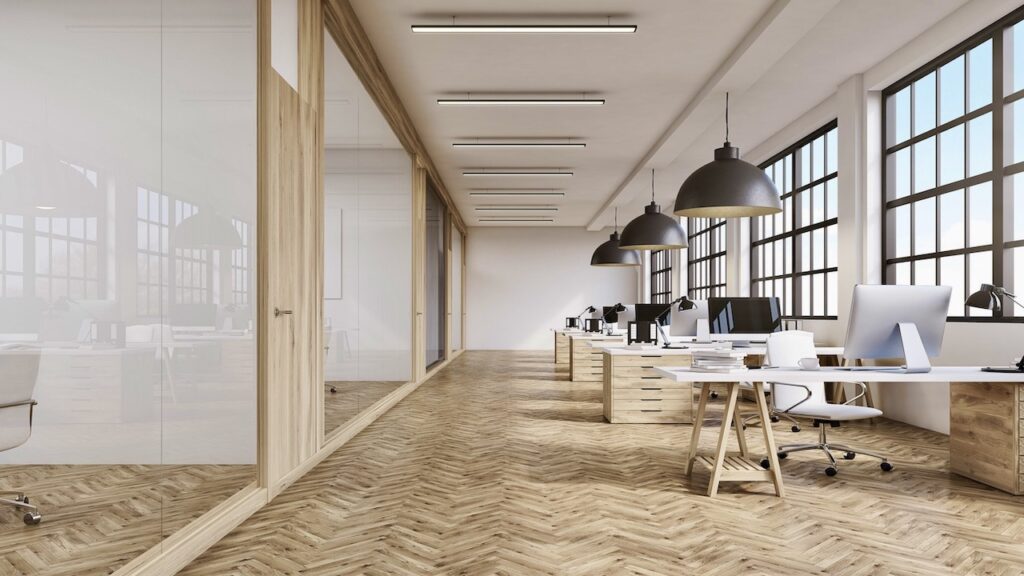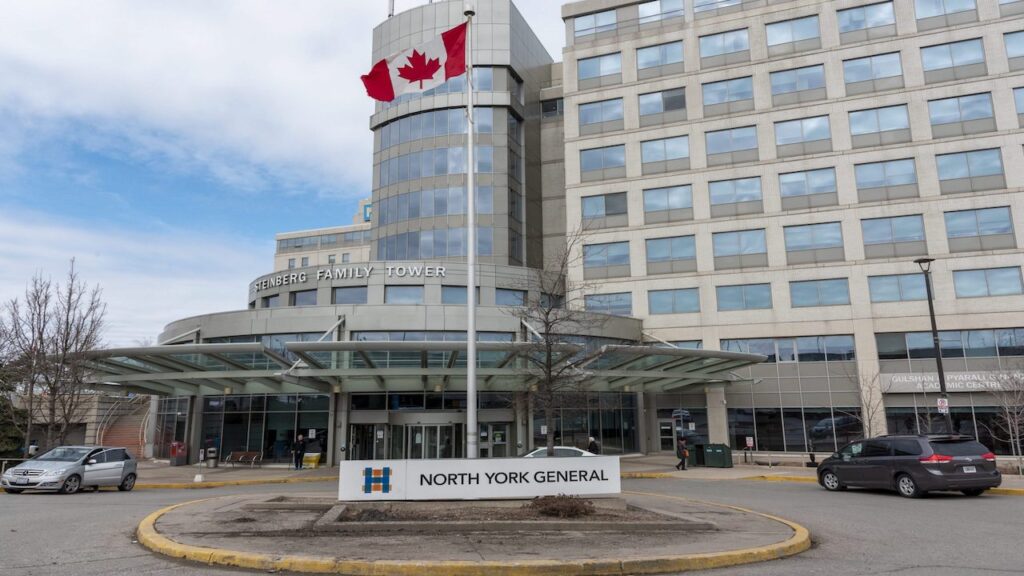Introduction
In the ever-evolving landscape of healthcare, innovations that enhance patient care, privacy, and overall experience are paramount. One such innovation is the installation of switchable Polymer Dispersed Liquid Crystal (PDLC) glass. Dr. Alberto Cotton, a distinguished pediatrician at Nicklaus Children’s Hospital in North Miami Beach, recently integrated Priwatt switchable glass into his office, marking a significant step forward in pediatric healthcare environments.
About Dr. Alberto Cotton
Dr. Alberto Cotton is a renowned pediatrician with a robust background in emergency care, medical education, and developmental pediatrics. His dedication to improving pediatric care is evident through his extensive clinical work and contributions to medical education and humanitarian efforts. Dr. Cotton’s integration of cutting-edge technologies, such as PriWatt® switchable PDLC glass, underscores his commitment to providing the highest standard of care.
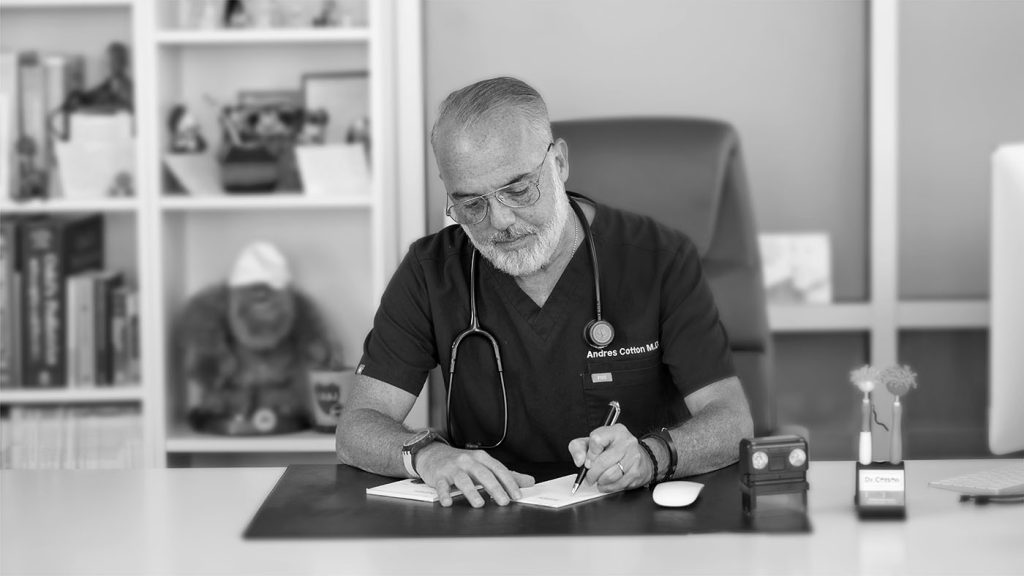
Switchable PDLC Glass: An Overview
Switchable PDLC glass, often referred to as smart glass, is an innovative material that can transition between transparent and opaque states with the application of an electric current. PriWatt® technology leverages liquid crystal molecules dispersed within a polymer matrix. When an electric field is applied, these molecules align, rendering the glass transparent. In the absence of an electric field, the molecules scatter light, making the glass opaque. This dynamic control over transparency provides numerous benefits in various settings, particularly in healthcare.
Enhancing Privacy and Patient Comfort
In pediatric healthcare, maintaining patient privacy while ensuring comfort is crucial. PriWatt® Switchable PDLC glass allows healthcare providers to achieve both. For instance, during consultations or sensitive procedures, the glass can be switched to an opaque state, ensuring patient privacy. This is particularly beneficial in environments where children might feel anxious or intimidated by the presence of strangers or medical personnel.
Improving Infection Control
Hygiene and infection control are paramount in healthcare settings. Traditional curtains and blinds, often used for privacy, can harbor dust and pathogens. Switchable PDLC glass eliminates the need for such physical barriers, thereby reducing potential contamination points and making the environment easier to clean and maintain. This contributes to a safer and more sterile environment, critical in pediatric settings where patients are more vulnerable to infections.
Supporting Pediatric Care and Development
Pediatric care often involves managing physical and developmental issues, requiring an environment that can adapt to various needs. PriWatt® Switchable glass can play a significant role in creating a versatile space that supports both medical procedures and a child-friendly atmosphere. For instance, during play therapy or educational activities, the glass can be kept transparent to create an open, engaging space. Conversely, during examinations or treatments, the glass can be switched to opaque to minimize distractions and help the child focus on the interaction with the healthcare provider.
Enhancing Clinical Efficiency and Staff Collaboration
The ability to control the transparency of glass partitions also enhances clinical efficiency and staff collaboration. In emergency situations, quick visual access to different areas of the department can be crucial. Transparent settings enable easy monitoring and communication among healthcare providers, while opaque settings can be used for private consultations or sensitive discussions. This flexibility supports a more responsive and cohesive healthcare environment.
Case Example: Dr. Cotton’s Office
Dr. Cotton’s office at Nicklaus Children’s Hospital is a prime example of how switchable PDLC glass can be integrated into a pediatric healthcare setting. The installation of Priwatt switchable glass has transformed his office into a versatile, adaptive space. This technology allows Dr. Cotton to maintain the highest standards of patient privacy, hygiene, and comfort while enhancing the overall efficiency and functionality of the healthcare environment.
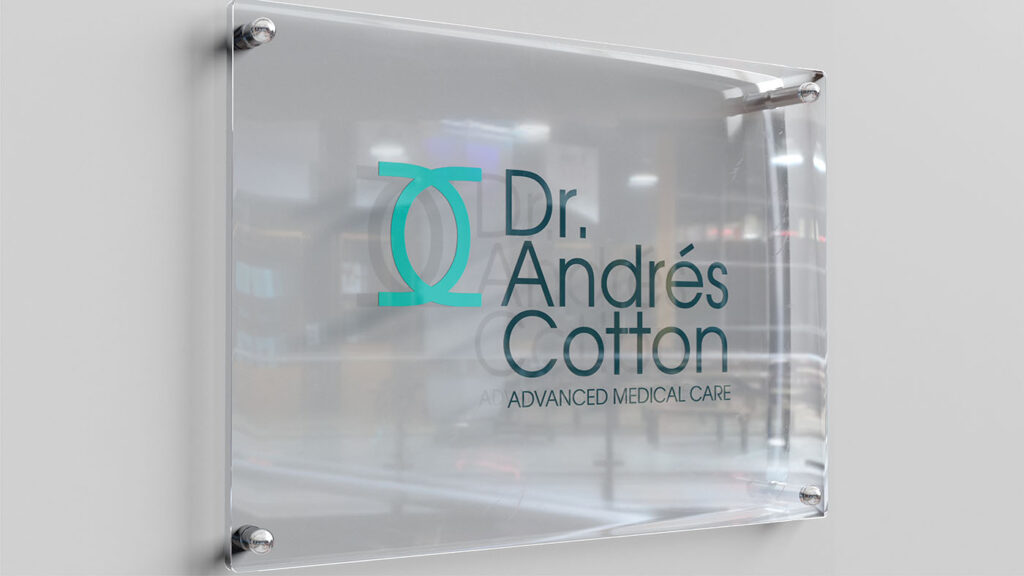
Conclusion
The integration of PriWatt® switchable PDLC glass in pediatric healthcare settings offers substantial benefits, including enhanced privacy, improved infection control, and greater flexibility in care environments. For healthcare providers like Dr. Alberto Cotton, this innovative technology represents a significant advancement in creating a more responsive and supportive environment for pediatric patients. As the healthcare industry continues to evolve, the adoption of smart glass solutions will likely become more widespread, driving improvements in patient care and operational efficiency.
References
- American Academy of Pediatrics. (2017). Dr. Alberto Cotton: Profile and Contributions.
- Priwatt. (2024). Switchable PDLC Glass: Transforming Healthcare Environments.




